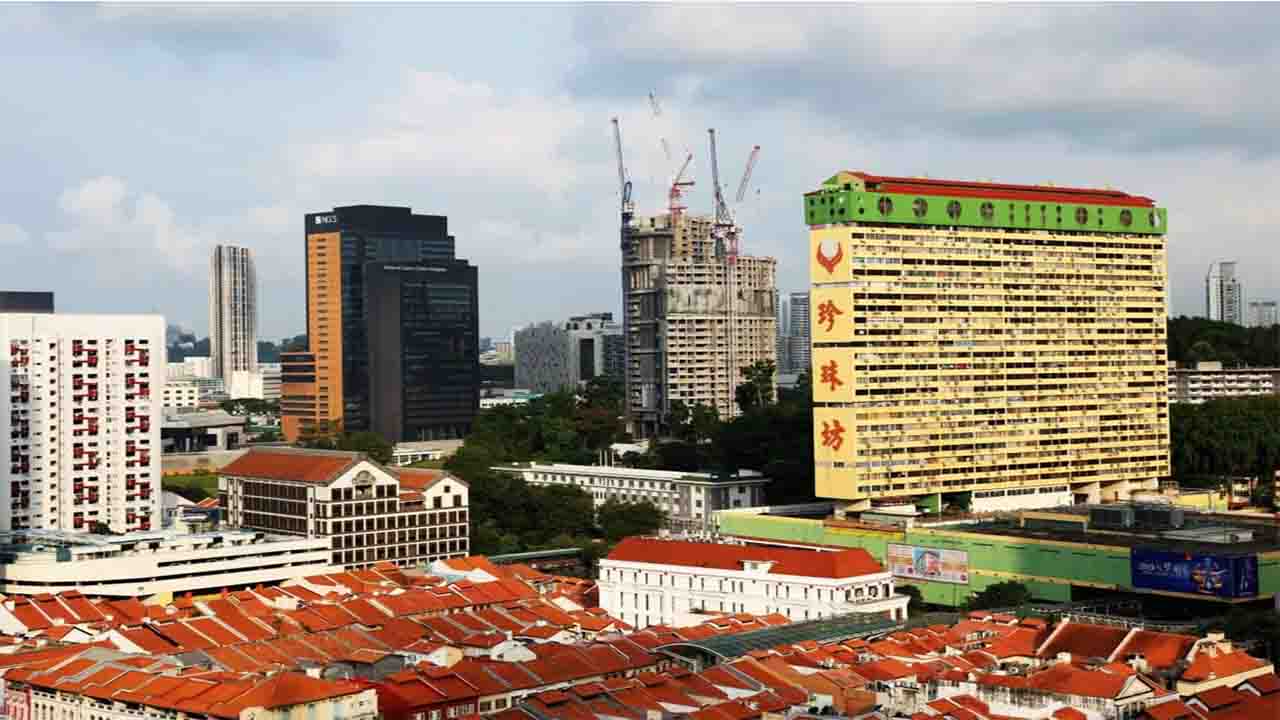Commonwealth _ Singapore, renowned for its economic prowess and dynamic real estate market, has long attracted foreign investors seeking to capitalize on the city-state’s growth potential. However, to maintain control over its limited land resources and ensure sustainable development, Singapore has implemented a policy that requires foreigners to seek government approval before purchasing certain properties. In this article, we explore the rationale behind Singapore’s decision to regulate foreign ownership of land and mixed-use buildings, its implications on the real estate market, and the broader implications for the country’s sovereignty. Singapore is a small island nation with limited land available for development. As such, the government has consistently adopted a prudent approach to land management and urban planning. The policy of requiring permission for foreigners to purchase land and mixed-use buildings stems from several key objectives.
Singapore’s land is a strategic asset that needs to be managed in the best interest of its citizens and the nation as a whole. By controlling foreign ownership, the government aims to prevent excessive speculation and safeguard the stability of the property market. Foreign investment can lead to speculative buying, causing property prices to escalate rapidly and creating affordability challenges for local buyers. The policy helps moderate speculative demand and promotes a more sustainable property market. Singapore is home to a diverse population, and ensuring affordable housing for citizens remains a top priority. By regulating foreign ownership, the government aims to strike a balance between the interests of local residents and foreign investors. Requiring permission allows the government to scrutinize potential foreign investments and prioritize those that align with Singapore’s long-term economic and development goals.
The policy applies primarily to residential properties and certain types of buildings classified as “strata-titled properties.” Strata-titled properties include residential units in condominiums and apartments, as well as commercial units within mixed-use buildings. While foreigners are generally allowed to invest in non-strata landed properties and commercial properties not intended for residential use, permission is required for the acquisition of strata-titled properties. Foreigners interested in purchasing residential properties or mixed-use buildings in Singapore must apply for approval from the Singapore Land Authority (SLA). The process involves submitting an application detailing the proposed purchase and the purpose of the acquisition. Each application is carefully reviewed by the authorities to ensure compliance with existing regulations and to assess the potential impact on the property market and national interests.
The policy of requiring permission for foreign ownership has significant implications on Singapore’s real estate market. By controlling speculative demand, the policy helps maintain a stable property market, protecting local buyers from price fluctuations driven by foreign investment. The government’s oversight ensures that development aligns with long-term urban planning goals, promoting balanced growth and sustainable land use. The policy instills confidence in local buyers, as it mitigates the fear of being priced out of the market by foreign investors. The government’s selective approach encourages foreign investors who bring genuine value to Singapore’s economy and contribute to its growth. The policy of regulating foreign ownership of land and mixed-use buildings is emblematic of Singapore’s commitment to preserving its sovereignty in the face of globalization and intense global competition for real estate investments. It underscores the government’s determination to prioritize the needs and interests of its citizens and maintain control over the country’s land resources.
Singapore’s policy of requiring permission for foreigners to purchase land and mixed-use buildings serves as a protective mechanism to ensure sustainable development, curb property speculation, and foster a stable and inclusive property market. The measured approach strikes a delicate balance between encouraging foreign investment and safeguarding the country’s land resources for the benefit of its citizens. As Singapore continues to chart its path of economic growth and urban development, this policy will remain a critical instrument in shaping the city-state’s future and maintaining its status as a global financial hub.








